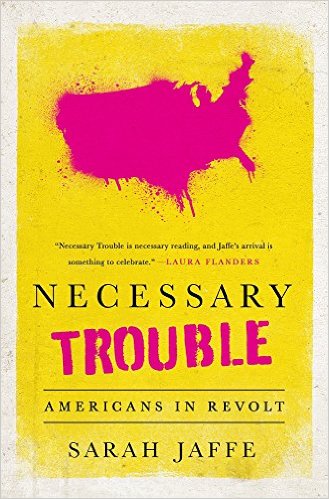Last night, I read Ramblings of an Old Academic: Unconfident Advice for End-Times Academics by James Paul Gee. I wanted to archive it here as an example of one way to give advice. What do I think about Gee’s approach? I’m still not sure yet. I want to think about it some more. Something about it troubles me.
For now, I’ll stick to just offering up a quick summary of his essay. Here it is, in 3 parts.
Part One: Don’t ask him for advice.
Gee describes five different reasons why he’s the last person from whom you should get advice about being an academic. I especially like reason #4: he researches/writes about (too) many different things and likes now knowing (enough) more than being an Expert.
I wrote about these many different things because I always found it much easier to write about areas I did not yet know much about and much harder to say anything interesting or helpful when I knew lots about an area. So I just moved on.
I also enjoy writing about things that I don’t yet know that much about. It helps keep me interested and inspired. While I think that there are some not so healthy reasons why I eschew being an expert and resist doing work that isn’t fun and stimulating, I see my willingness to experiment with many different areas of study as one of my strengths (and as something that is necessary for a vigorous as opposed to rigorous education).
Part Two: The academic world HE inhabited no longer exists, Or maybe never did.
Gee tells a story about his lucky (privileged) experiences of becoming/being an academic. Then he describes how the academic world has dramatically changed as making money has become more important than producing knowledge.
None of this is to say that there wasn’t plenty of greed in the past, rather it is to say that we have now made greed a moral virtue and openly take pride in the fact that even in colleges and universities it is all about raising money.
Part Three: Some Advice to be taken with a massive grain of salt.
At the end of this essay, Gee offers 10 bits of advice. I especially appreciate #3:
Do not worry over much about protecting your ideas. Let them out in the world early and often so they can get tested and promiscuously mate with other people’s ideas. If someone steals one of your ideas and you were only going to have one good one anyway, then you would not have had a good career anyway—you have to have good ideas over the long haul.
About midway through the essay, Gee asks:
What do you think is worth doing for the one human life you are going to get?
I like this question. Gee poses it as the conclusion to a series of questions about whether or not you should be an academic. I see this question as bigger. There should’t be just one answer to it. It is not only about the one thing you choose to do for a job/career. And, we shouldn’t pose it to ourselves just once.
I imagine this question to be a form of guidance, that’s not advice but wisdom and an invitation to pay deep and sustained attention to what we do and why we do it.

